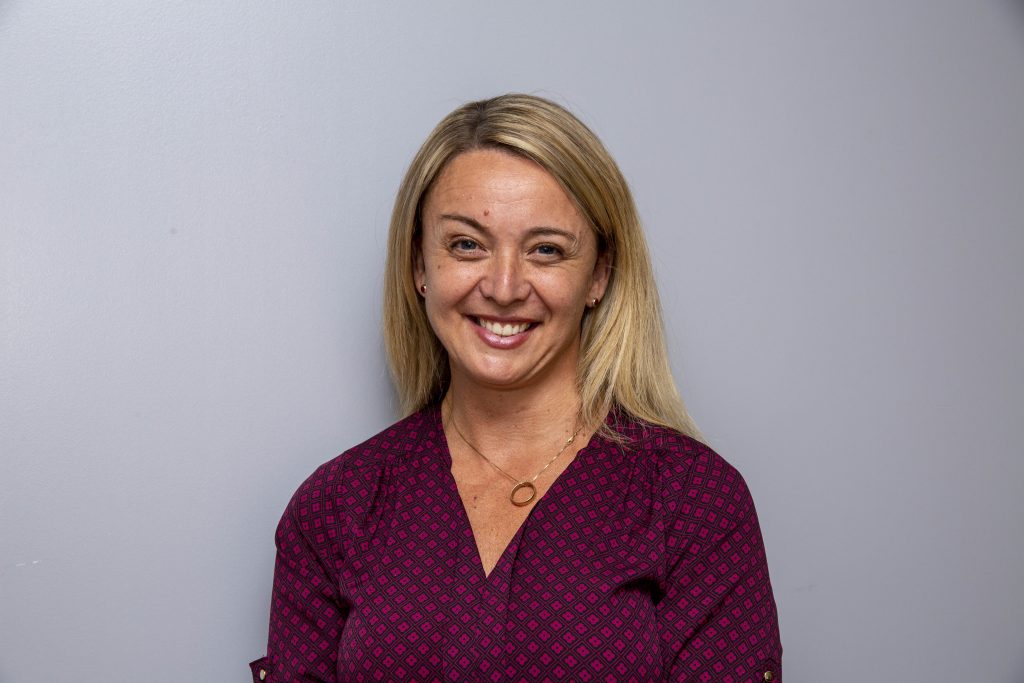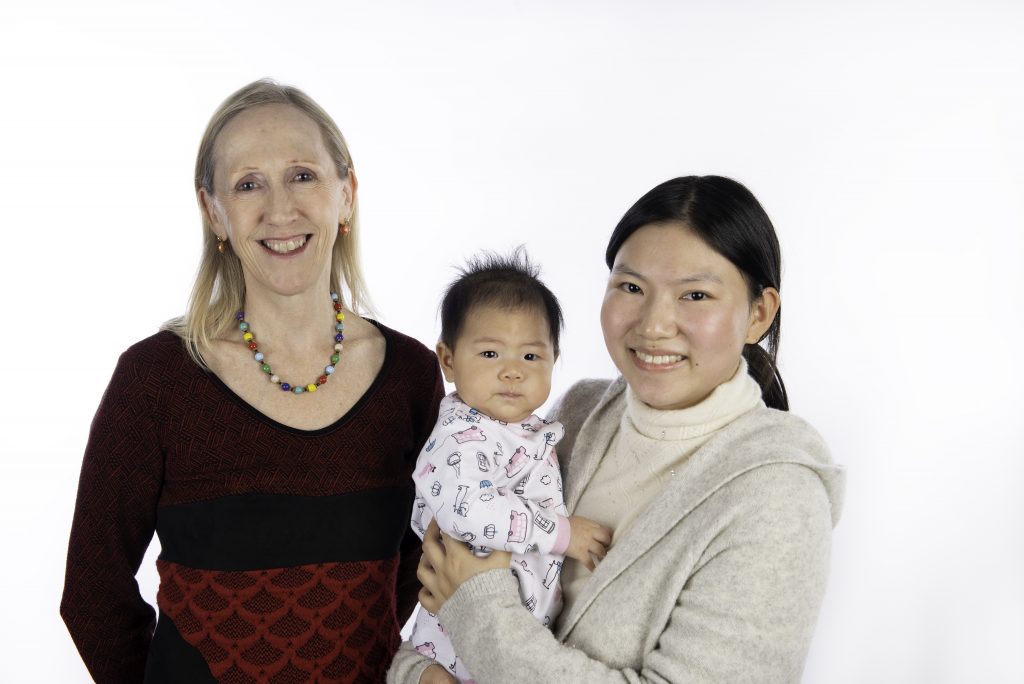A matchmaker at CHEO

A matchmaker between researchers and community members is how Michelle Quinlan describes her role at CHEO.
Since November 2017, Michelle has been the inaugural Research Family Leader Program Co-ordinator, a position created by the Ontario Child Health Support Unit (OCHSU), an OSSU Research Centre.
Charged with embedding patients/family members as Family Leaders on research teams, she is clearly having success. As a service for researchers, she ensures that screens in the hospital feature messages asking, “do you want to have family members involved in your research?” She then determines needs for the type of patient engagement on the research project, such as a Research Project Reviewer or a Research Project Advisor.
In 2019, 54 engagement requests have been completed or are in the queue, including the Care for Rare genetics program, mental health, robotics and research, complex care and more.
There is a waiting list for researchers to present to the Patient and Family Advisory Council (PFAC) for advice on their projects. “There is an obvious appetite for researchers to come to PFAC for advice, and the feedback from research teams on the value of these consults is always positive,” says Michelle.
Perhaps because CHEO is a children’s hospital, youth are keen partners in patient engagement.
“A surprise that I would call a success is the interest from youth,” says Michelle.” The appetite from youth with lived experience is really interesting, perhaps some have an interest in medical school and some want to give back. We have 16,17,18-year-olds who are either patients with recent experience at CHEO or some whose siblings have been involved in research.”

What factors contribute to success?
- Patients and families first – Michelle spends two days a week meeting patients and families in their homes, at a park, wherever it is most convenient for them.
- Champions – senior leadership support is key. The CEO has embraced patient partnership and the Chief Operating Officer is a champion and member of the PFAC.
- Onboarding – a standard process to training, orientation and engagement
- Appreciation – making people feel a part of something is important. She provides dinner for the PFAC and sends a bi-weekly newsletter to keep people informed.
“It seems intuitive but making people feel that they are part of something – the newsletter helps with that. It’s a reminder that we appreciate them and that they aren’t lost in the process, that their choice to get engaged in the research process is truly appreciated,” says Michelle.
Watch the orientation video.